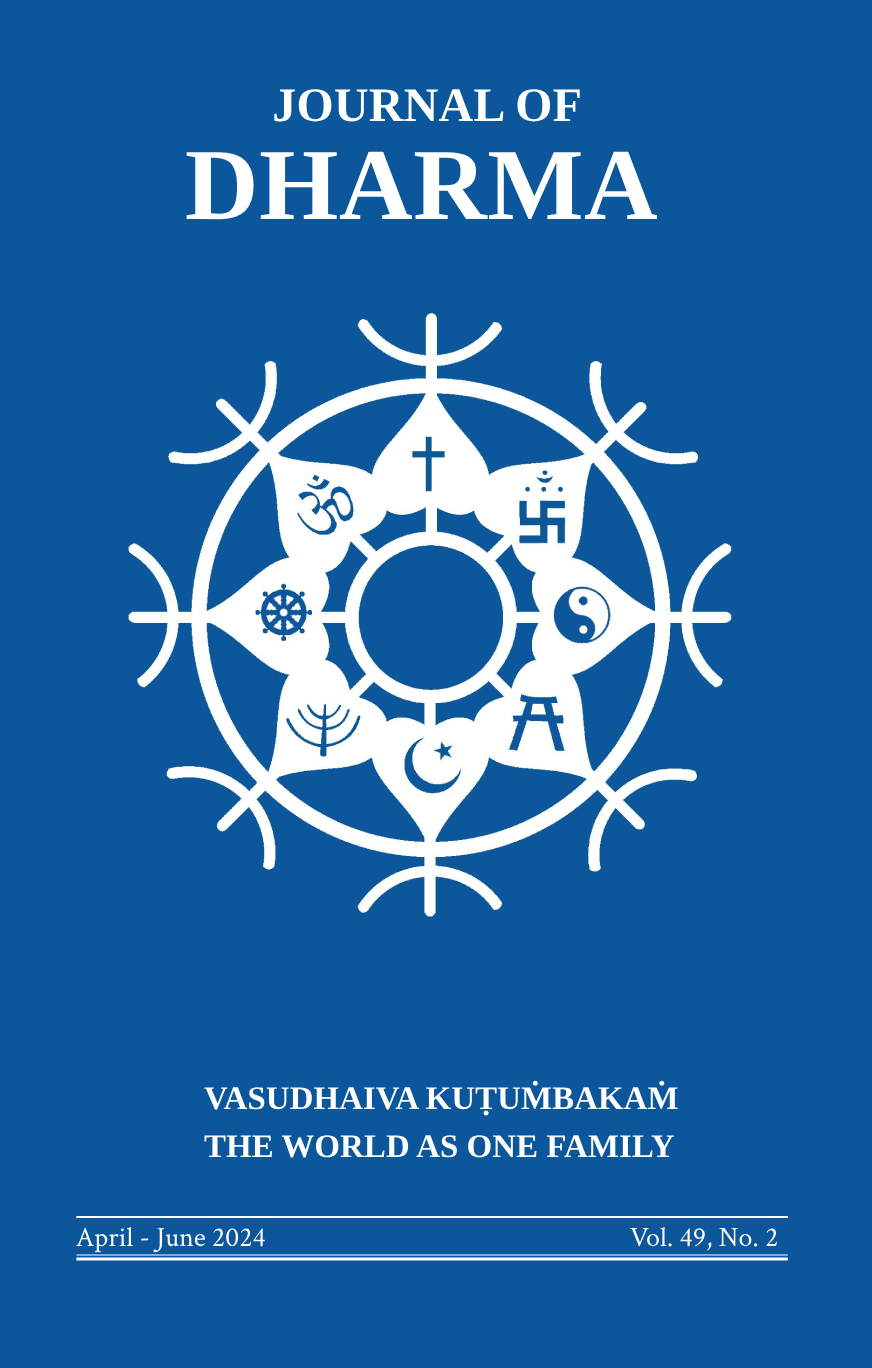Surplus Suffering and Human Interconnectedness
A Philosophical Critique of the Medicalization of Depression and Spiritual Transformation
Keywords:
Depression, Surplus suffering, Global Family, Human Interconnectedness, Demedicalizing, Psyche, Spirit, Causality, Constitution.Abstract
Suffering is a universal experience that transcends individual lives, prompting existential questions such as "why me?" and "what is happening?" Far from being isolated, such suffering can lead to collective self-awakening, enabling the discovery of deeper truths that connect us all as part of a shared human condition. However, our medicalized culture often neutralizes these profound inquiries by focusing on the immediate alleviation of pain through medication. This paper, centered on depression, seeks to demedicalize and spiritualize suffering by exploring it as a vital part of our interconnected human experience. Freud's psychological model of depression is juxtaposed with Kierkegaard's spiritualized perspective, emphasizing the latter's capacity to foster spiritual growth not just individually, but as a shared human endeavor. This article argues that spirituality emerges not from divine intervention but through the collective human experience of suffering and existential questioning. Just as subjectivity is inherently relational, so too is the spirit, which finds its fullest expression through our shared human struggles.
Published
How to Cite
Issue
Section
License
Copyright (c) 2024 Journal of Dharma

This work is licensed under a Creative Commons Attribution-ShareAlike 4.0 International License.

